
Gay rights omitted from course
A new bilingual human rights course for language schools will not teach students about discrimination against GLBTI people or that their rights to non-discrimination are protected by law.
Being Me: Knowing You, developed in partnership between the Australian Human Rights Commission (AHRC) and Community Languages Australia, is an English-Arabic language course teaching children aged 11 to 15 about discrimination in Australia.
Although discrimination based on ethnicity and religion are the course’s primary themes, discrimination on the grounds of age, sex and disability are all also dealt with repeatedly.
In comparison, discrimination based on sexuality rates a one word mention in the teachers’ handbook and is totally absent from the resource leader handbook, parent guide, student work book and student homebook.
AHRC Race Commissioner Graham Innes was on leave but told Sydney Star Observer in a statement, “Being Me: Knowing You … couldn’t cover every human rights issue.
“It was a project that was developed under the Community Partnerships for Human Rights Program and primarily had an ethno-religious focus. In writing the resource, the Commission was very mindful there are other resources produced by the Commission that deal with issues relating to discrimination on the basis of sexuality.”
NSW Gay and Lesbian Rights Lobby (GLRL) policy co-ordinator Senthorun Raj said it was vital human rights materials explicitly deal with discrimination against sexual minorities.
“All educational materials on human rights should expressly, and not tangentially, address sexuality issues,” he said.
“This is essential to promote an educational environment that is respectful of diverse sexual minorities and one which does not tolerate homophobia.”
“It is problematic to make qualitative judgements about whether one ethnic or migrant population group is more homophobic than another,” Raj said.
“We should, rather, be focussed on acknowledging that homophobia exists in different forms across all communities, and work to foster a society that is sensitive to cultural differences and respectful of people from diverse sexual orientations.”




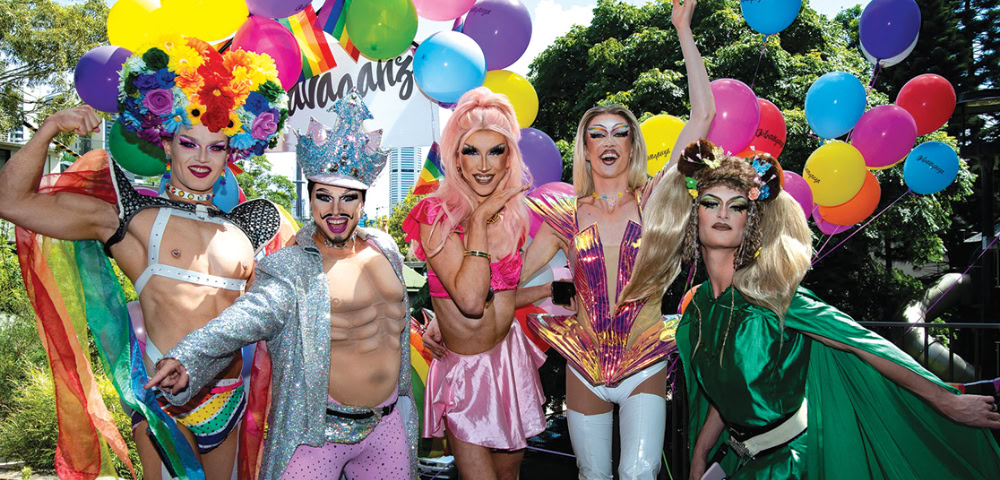
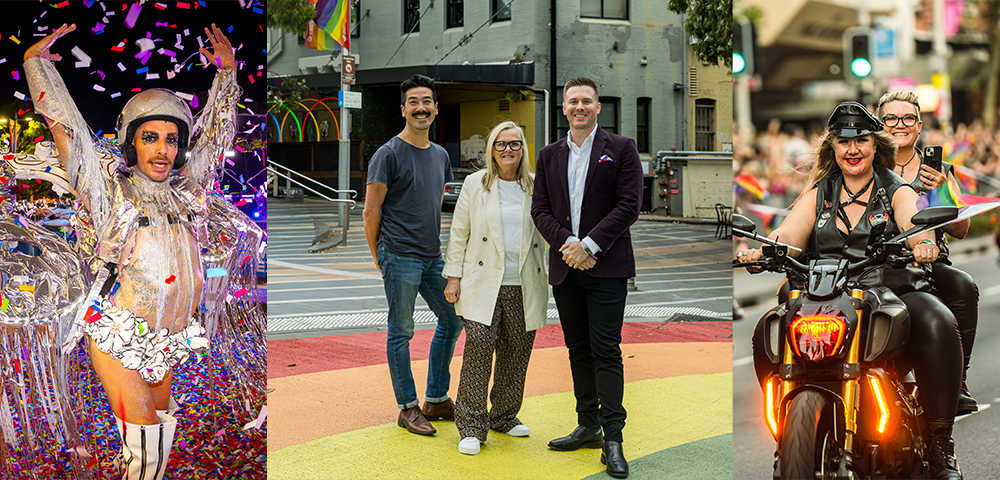

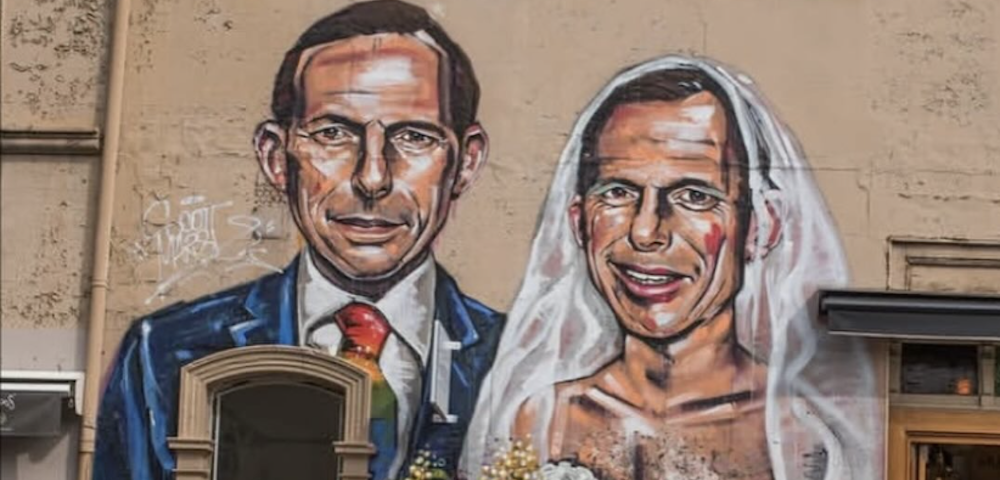
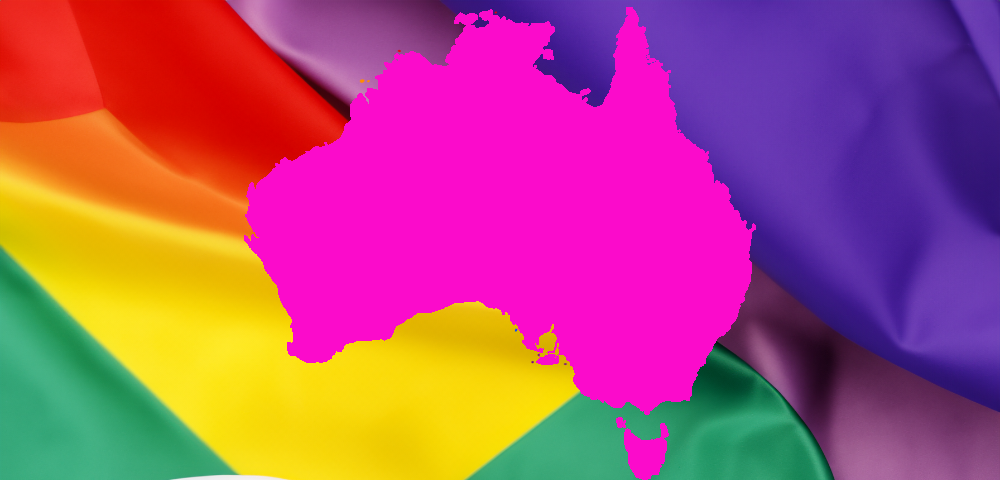
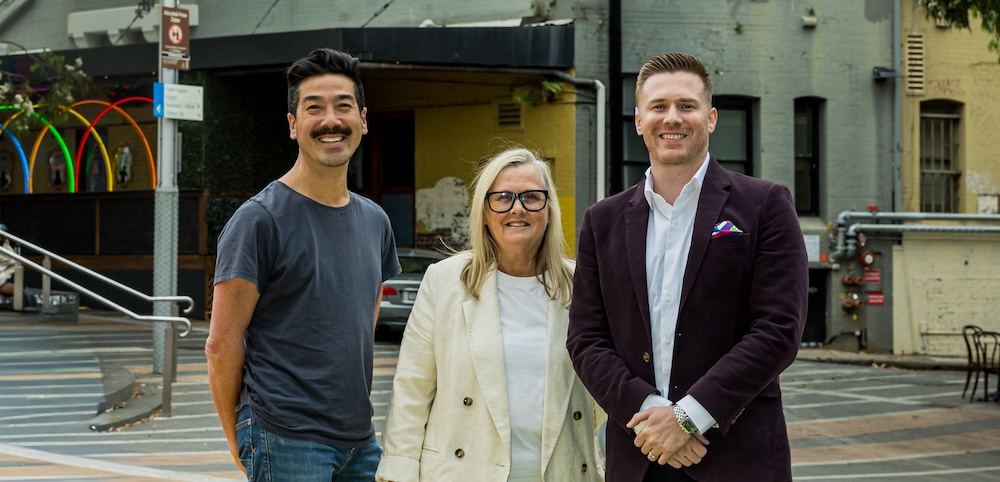
Mr Innes.
What issues-groups receive the most discrimination?
Lets make that discrimination specifically being physically assaulted.
I tell you what, I’m physically disabled and I’m far more worried about being bashed for wearing lipstick than i am for walking slowly or being unable to work. Why? Cause the discrimination against people with my disability isn’t often violent but did you see what my odds are if i spend time in Queensland? Did you see that my odds as a Transgender person of being physically bashed in Queensland is about 45%!
Tell me what other human rights issues include a chance of being bashed physically assaulted of 45%
Unless it’s a long list of issues that you did cover in the program with all having far higher numbers than 45% you must accept you did the wrong thing, you made a mistake and then you go fix it Mr Graham Innes!
Because while that number is remotely like 45% there is not one single human rights program, not one crime prevention program either, that can be argued should have any remote excuse to not substantially include Transgender and Intersex in it. Imagine if you had a 45% chance of being bashed Mr Innes! Imagine if your loved ones had a 45% chance of being physically bashed. Then tell me there’s not enough room for it’s inclusion.
AHRC Race Commissioner Graham Innes was on leave but told Sydney Star Observer in a statement, “Being Me: Knowing You … couldn’t cover every human rights issue.
This course is all about teaching children about discrimination and that their rights to non-discrimination are protected by law.
Unfortunately we had to discriminate against GLBTI people because we could not cover every issue.
So the lesson the children learn is that pooftas come last on list of people you should not discriminate against.
“It is problematic to make qualitative judgements about whether one ethnic or migrant population group is more homophobic than another,” Raj said. “We should, rather, be focussed on acknowledging that homophobia exists in different forms across all communities….”
Yes water shortages exist in various parts of the world, but you can hardly compare Sydney’s water crisis with the water crisis in parts of the world were people die because of a lack of water. Same here.
If the GLRL can’t stand up and say what’s obvious – that some countries have the DEATH penalty for being gay, and that people from those cultures are more likely to agree with such a punishment – then what hope do we have that a government bureaucrat who doesn’t have GLBT in their job title will care?
Stand up GLRL and call a spade a spade. This “oversight” is nothing more than a purposeful decision to allow people to use their culture as an excuse for homophobia.